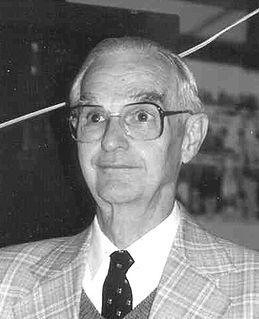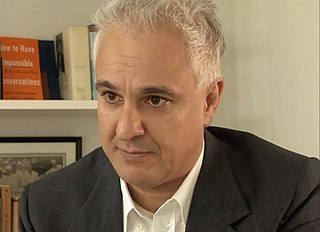A Quote by Timothy Keller
As things are brought back under Christ's rule and authority, they are restored to health, beauty, and freedom.
Related Quotes
Medicine is the science by which we learn the various states of the human body in health and when not in health, and the means by which health is likely to be lost and, when lost, is likely to be restored back to health. In other words, it is the art whereby health is conserved and the art whereby it is restored after being lost. While some divide medicine into a theoretical and a practical [applied] science, others may assume that it is only theoretical because they see it as a pure science. But, in truth, every science has both a theoretical and a practical side.
The largely objective character of beauty is further indicated by the fact that to a considerable extent beauty is the expression of health. A well and harmoniously developed body, tense muscles, an elastic and finely toned skin, bright eyes, grace and animation of carriage- all these things which are essential to beauty are the conditions of health.
We declare to the world that the fulness of the gospel of Jesus Christ has been restored to the earth. . . . We invite all to listen to the message of the restored gospel of Jesus Christ from us. Then you can compare the glorious message with what you may hear from others, and you can determine which is from God and which is from man.
The Arab awakening has been, up to now, a lot about freedom from dictatorial regimes - Syria, Yemen, Libya, Tunisia, Bahrain and Egypt. But once you got freedom from, then you need freedom to. Freedom from is about destroying things. Freedom to is about constructing things, constructing the rule of law.
Liberalism is a creation of the seventeenth century, fathered by British philosopher John Locke (1632-1704). For Locke, liberalism means limited government, the rule of law, due process, liberty, freedom of religion, freedom of speech, freedom of the press, freedom of assembly, separation of church and state, and separation of government powers into branches that oversee each other's authority.
Authority ought to be there only to serve its particular community by removing restrictions on freedom of expression and action under my golden rule of 'Do what you like so long as you don't impose it on others'. Authority's role should be in protecting the unwilling from the will of another. After that, they should push off and leave us alone.
The Magna Carta is an early reminder of the crucial difference between freedom and liberty. Liberty is freedom that is unique to humans, it is guaranteed by law. All animals are free, but in a system of humans total freedom is anarchy. Humans have thrived by letting a dominant authority regulate freedom. Liberty is a freedom that the authority has granted or has been persuaded to grant. For centuries, the state and the people have negotiated, peacefully and violently.
Art, if it can be ascribed value, is most valuable when its beauty (and the beauty of the truth it tells) bewilders, confounds, defies evil itself; it does so by making what has been unmade; it subverts the spirit of the age; it mends the heart by whispering mysteries the mind alone can’t fathom; it fulfills its highest calling when into all the clamor of Hell it tells the unbearable, beautiful, truth that Christ has died, Christ is risen, and Christ will come again. None of these songs and stories matter if the beauty they’re adding to isn’t the kind of beauty that redeems and reclaims.



































